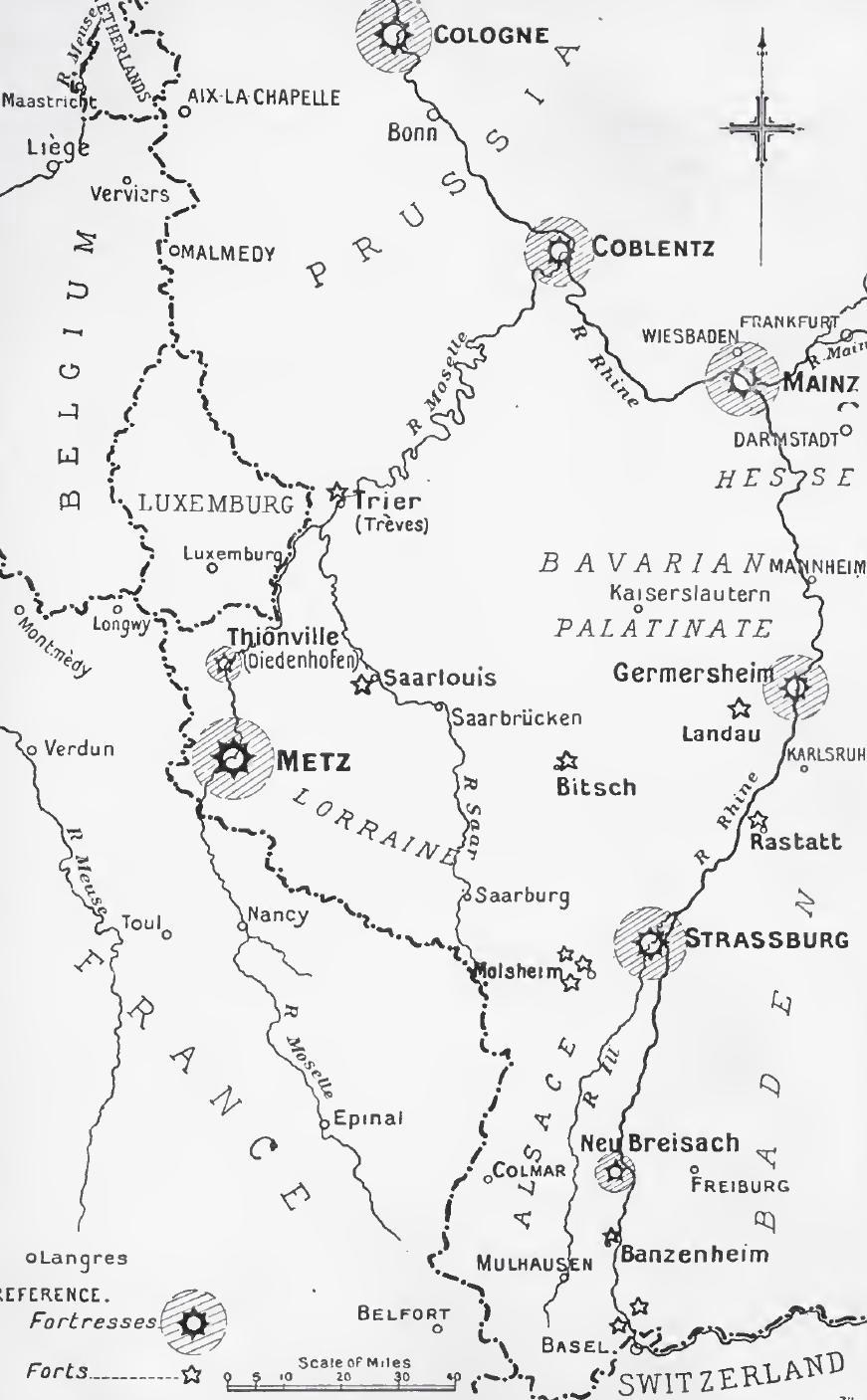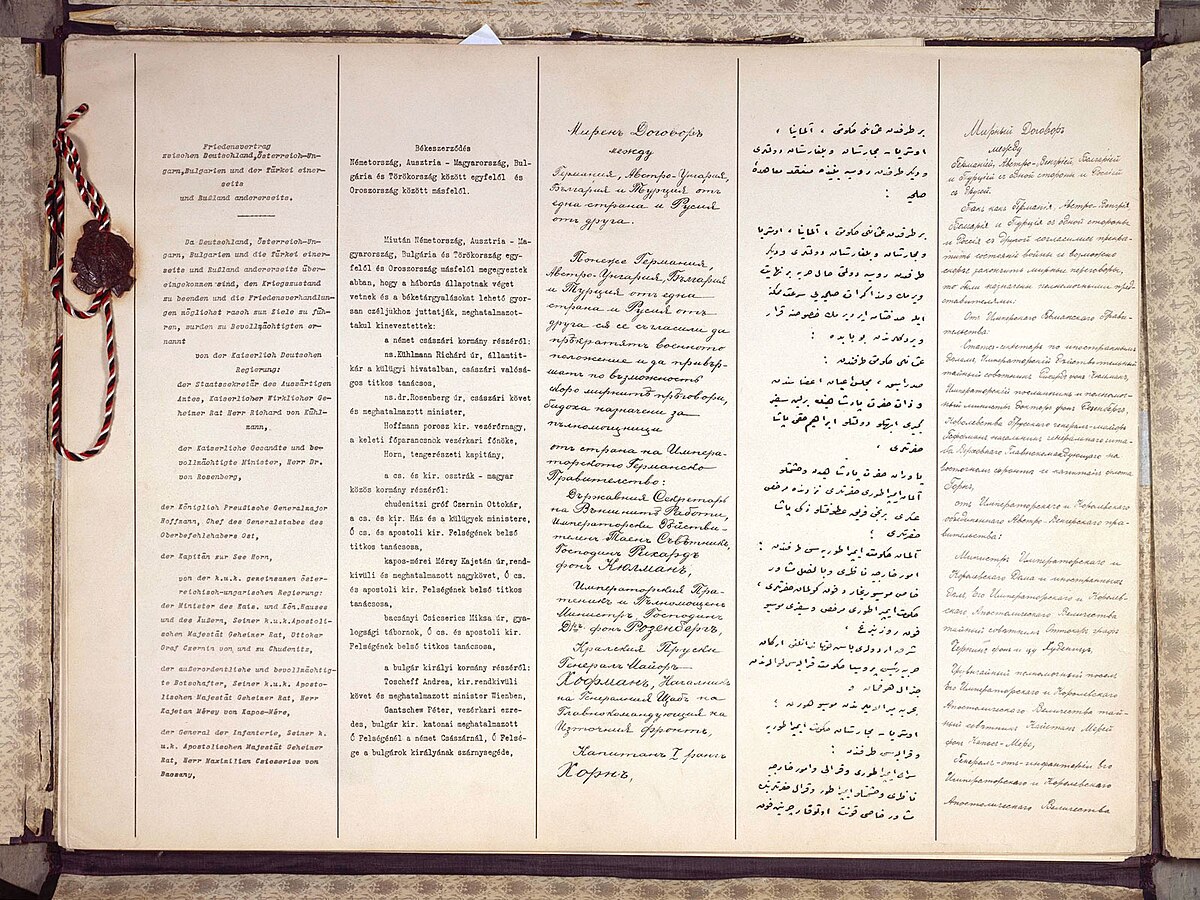While I highly respect his expertise in terms of the military side of the equation, I do think he has allowed his focus on the German end to obscure the political and military conditions that would effect the Entente in this case. In particular, the comparison to WWII falls flat because, unlike that conflict, there is no Eastern Front consuming millions of German soldiers nor is the technology there for a sustained strategic bombing campaign like that the Anglo-Americans wielded historically to bring German industry to her knees. Further, unlike 1940, by 1918 the British have taken millions of casualties and the war weariness is biting in even with the Americans in; Lord Milner's note to Lloyd George is from June of 1918.
If the French are knocked out and the BEF forced off the conflict, it will take a least a year to rebuild said BEF while without French industry the Americans won't be ready until 1920. In that time, Germany will have had two years to settle the situation in the East to her benefit, granting the immense resources the Germans sought in two world wars while also granting two years of time during which Berlin could work to conserve its manpower and more effectively transfer forces from the East in a way the Germans didn't manage to in 1918. Thereafter, the Anglo-Americans would be faced with the daunting issue of how to even get at the Germans. Attacking Norway, Denmark, and the Netherlands is right out the window, as is landing on the German coast directly. That leaves only the Italy/Balkans options with all that entails or effectively declaring war upon the (now neutral) French to do a landing there. Given how seriously the French reacted to Mers-el-Kebir, I don't imagine they would react well to this either...
All of this is also assuming, of course, that Anglo-American political willpower holds out for this long and manpower in general for the British. The Irish issue, for all that entails in Anglo-American relations, would also be quickly becoming an unavoidable problem.
I also wonder if an amphibious landing along the lines of D-Day would have actually been logistically feasible with the technology of the late 1910s even if the political will to launch such an invasion would have actually existed. Gallipoli certainly doesn't provide a good example here, after all. What do you think?
BTW, somewhat off-topic, but I disagree with you that the Allies would have been compelled to seek a compromise peace had the Germans maintained military discipline and continued the fight into 1919 (so, nothing changes until late 1918 relative to real life). Yes, taking the fortess of Metz might have very well resulted in a Verdun-like bloodbath for the Americans, but the Republicans who won control of the US Congress in November 1918 did not run on a pro-peace platform. If anything, they would have been inclined to criticize Woodrow Wilson from the right for being too soft on Germany. And AFAIK even Wilson believed that a lasting peace can only be achieved once the Kaiserreich system in Germany would be dismantled and Germany's political system would be rebuild in a more democratic direction, which suggests that it would require quite a lot of US casualties to make even Wilson think about pursuing a compromise peace with Germany.
After taking Metz, the Allies simply need to successfully broach the Rhine River fortifications and then they should be good to go, no? :

File:Rhine frontier fortifications, 1914.jpg - Wikimedia Commons
 commons.wikimedia.org
commons.wikimedia.org

As for the effects of having, say, 500,000 US deaths in World War I rather than real life's 116,500, it could certainly make the US more isolationist in the post-WWI years and decades. However, it could also have an effect in the sense that Wilson's term will be ending and thus a different US President might be handling the post-WWI aftermath in comparison to Wilson. That could have its own effects. And not to mention that a longer war could have effects on Germany as well. For instance, maybe Wilhelm Marx wins in 1925 rather than Paul von Hindenburg, in which case Weimar democracy gets a huge shot in the arm!




